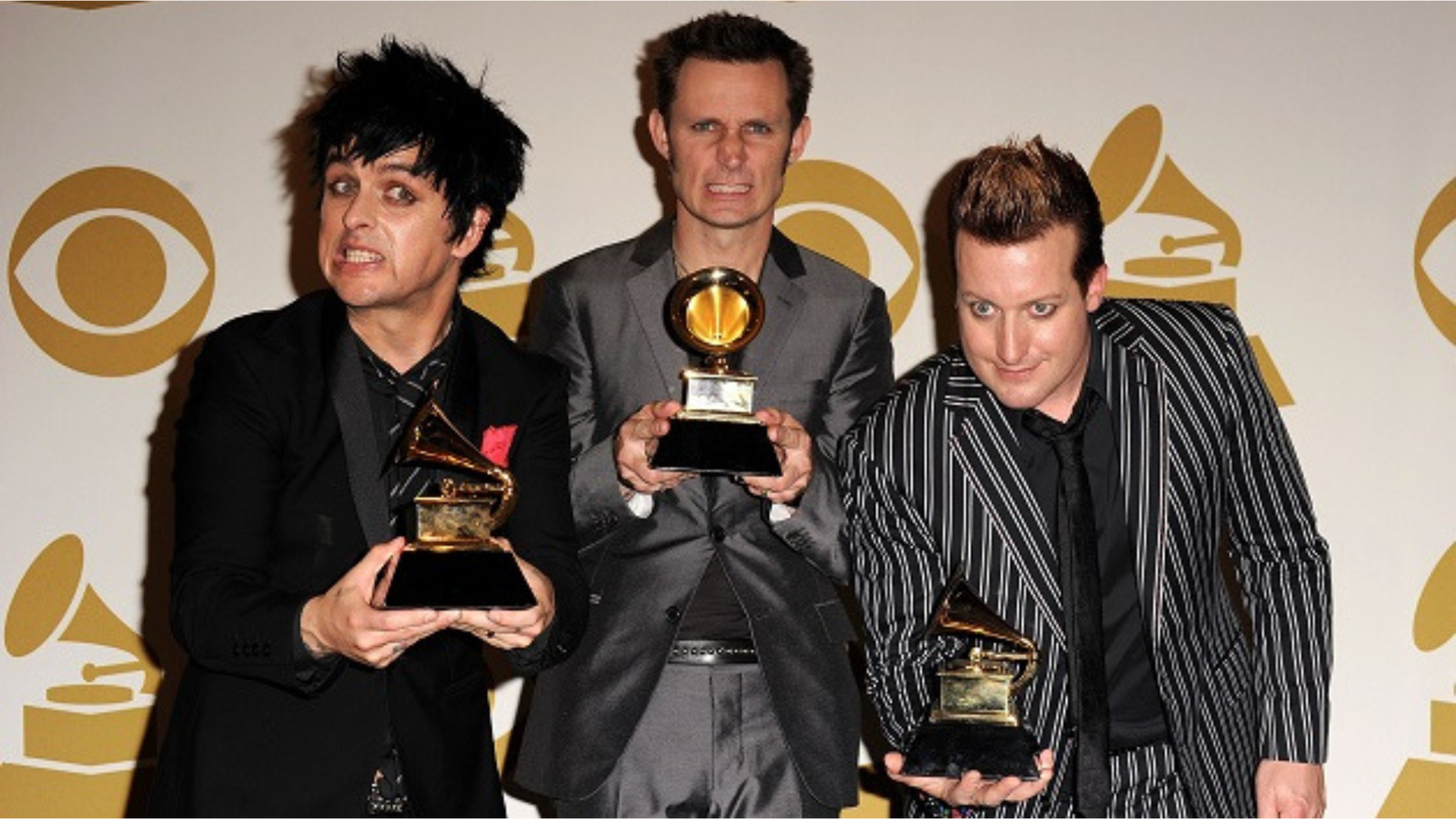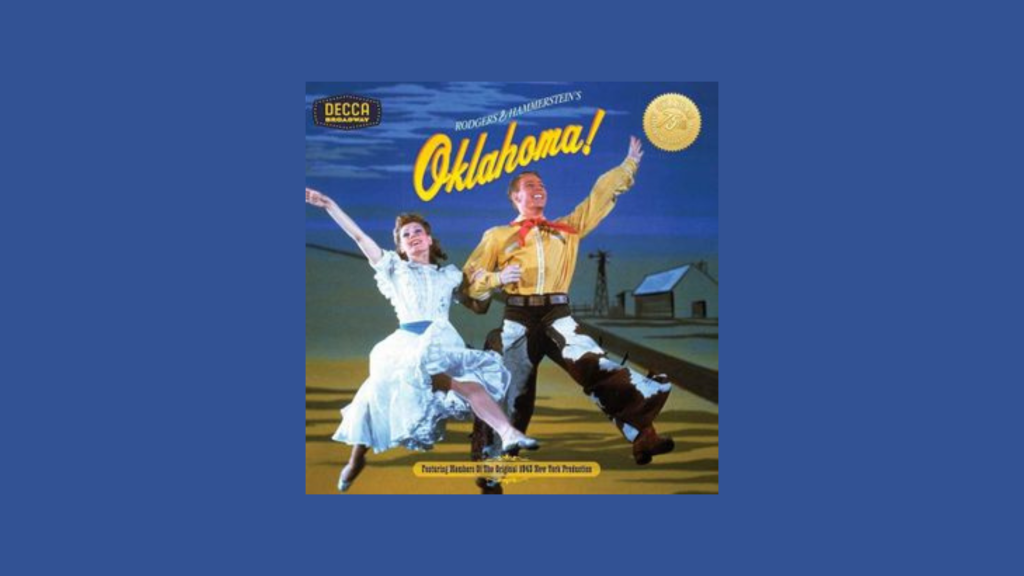Many music fans know Green Day’s catchy tunes and punk rock attitude, but understanding the man behind the voice can be tricky.
Billie Joe Armstrong, the main singer of Green Day, has been a key figure in rock music for decades, yet his story remains a mystery to many.
This blog post will uncover Billie Joe Armstrong’s journey from his early days to becoming the voice of one of the most successful rock bands. We’ll study his musical influences and impact on the industry.
Get ready to explore the world of Green Day’s frontman and explore what makes him a standout artist in rock history.
Billie Joe Armstrong: The Lead Singer of Green Day
Billie Joe Armstrong is the voice and creative force behind Green Day, one of the past three decades’ most influential punk rock bands. As the Green Day main singer and primary songwriter, Armstrong has played a crucial role in shaping the band’s sound and message.
His Role in Green Day

Armstrong’s unique vocals and songwriting skills have been key to Green Day’s worldwide popularity. Since their breakthrough album “Dookie” in 1994, Green Day has consistently produced hit records with Armstrong at the helm.
His work on albums like “American Idiot” further cemented the band’s place in rock history. Armstrong’s guitar playing and stage presence have also been defining elements of Green Day’s live performances, helping to build their reputation as an energetic and engaging live act.
As the main singer of Green Day, he’s been the band’s face, often serving as their spokesperson in interviews and public appearances.
Impact of His Voice and Lyrics
Green Day’s unmistakable identity is based on the distinctive voice of its main singer, combined with his bold and often politically charged lyrics.
Armstrong’s ability to capture the spirit of rebellion and disillusionment has struck a chord with millions of fans worldwide, making him a voice for multiple generations.
Armstrong’s Contributions in the Formation of Green Day
Billie Joe Armstrong, the main singer of Green Day, played a pivotal role in shaping Green Day from its early days. His musical vision and songwriting prowess were instrumental in transforming the band from local punk rockers to global rock icons.
1. Green Day: The Band We All Love

The story of Green Day begins in the late 1980s when Billie Joe Armstrong, the future Green Day main singer, joined forces with his childhood friend Mike Dirnt.
Their shared love for punk rock music laid the foundation for what would become one of the most successful bands in the genre. The duo’s early musical experiments in their hometown of Berkeley, California, set the stage for Green Day’s unique sound and style.
2. Musical Evolution of the Band

Green Day’s journey to fame started with their early albums, “39/Smooth” and “Kerplunk.” These releases showcased the band’s raw energy and potential, with Armstrong’s vocals and songwriting already standing out.
However, it was their major label debut, “Dookie,” that catapulted them into the mainstream spotlight. This album marked a turning point, introducing the Green Day main singer and his bandmates to a global audience.
3. Billie Joe Armstrong: A Songwriting Genius
As Green Day’s main singer and primary songwriter, Armstrong’s talent for crafting memorable tunes became evident early on. His ability to blend catchy melodies with a punk rock attitude resulted in timeless hits like “Basket Case” and “When I Come Around.”
Later in their career, Armstrong’s songwriting took on more political themes, as seen in the title track of “American Idiot.” This evolution in his writing style demonstrated his growth as an artist and solidified his position as a voice for his generation.
Personal Life of Billie Joe Armstrong
Billie Joe Armstrong, the main singer of Green Day, has a life story as compelling as his music. His experiences, from childhood loss to family life and personal struggles, have deeply influenced his songwriting and helped fans connect with him on a human level.
Early Life and Family Background
The Green Day main singer’s story begins in Oakland, California, where he grew up in a working-class family. Armstrong’s early life was marked by the loss of his father when he was just ten years old, an event that deeply influenced his music.
This personal tragedy found its way into Green Day’s music, most notably in the heartfelt song “Wake Me Up When September Ends,” which Armstrong wrote as a tribute to his father.
Marriage and Family

Despite his rock star status, Armstrong has maintained a stable family life. He married Adrienne Nesser in 1994, and the couple has two sons, Jakob and Joey.
As the main singer of Green Day, Armstrong has balanced his demanding career with his role as a husband and father, often crediting his family as a source of stability and inspiration.
Struggles with Addiction
Like many artists, Armstrong has faced personal challenges, including a well-documented struggle with substance abuse. The Green Day main singer has been open about his battle with addiction and his journey to recovery.
Armstrong’s honesty about these issues and willingness to discuss mental health have helped many fans feel a deeper connection to him and his music. Armstrong’s experiences have also influenced his songwriting, adding depth and authenticity to Green Day’s lyrics.
Armstrong as a Cultural Icon
Billie Joe Armstrong, the main singer of Green Day, has become more than just a musician—he’s a cultural touchstone. His influence spans music, fashion, and social activism, making him a significant figure for multiple generations.
A Voice for Generations
As the main singer of Green Day, Billie Joe Armstrong has consistently used his platform to address important social and political issues. His lyrics often reflect the concerns and frustrations of his audience, tackling topics from personal struggles to global politics.
This approach has resonated with fans and inspired a new generation of musicians to use their art as social commentary.
Broadway Influence
Armstrong’s artistic reach extended beyond the realm of punk rock when he adapted Green Day’s album “American Idiot” into a Broadway musical. This venture showcased the Green Day main singer’s versatility as an artist and brought punk rock to a new audience.
The musical’s success demonstrated Armstrong’s ability to translate his storytelling skills to different mediums, further cementing his status as a multifaceted artist.
Style Icon
Beyond his musical contributions, the main singer on Green Day has also left his mark on punk fashion and culture. Armstrong’s signature look, characterized by his spiky hair and eyeliner, has become iconic in the rock world.
His influence in the fashion world was further solidified when he collaborated with Kat Von D to create the “Basket Case” eyeliner, named after one of Green Day’s hit songs. This venture into the beauty industry shows Armstrong’s impact extends beyond music, making him a true cultural icon.
Billie Joe Armstrong’s Impact on Modern Rock
Shaping Punk Rock
As the main singer of Green Day, Armstrong has played a pivotal role in bringing punk rock to the mainstream. His approach to songwriting, blending catchy melodies with raw energy and socially conscious lyrics, has influenced countless artists across various rock subgenres.
Lyrical Inspiration
Armstrong’s honest and often introspective lyrics resonate with new generations of listeners. His ability to address personal struggles and societal issues has set a standard for meaningful songwriting in rock music.
Recognition and Awards Armstrong Received
Grammy Awards

Green Day, led by Armstrong as the main singer, has received multiple Grammy Awards throughout its career. These accolades recognize its commercial success, artistic merit, and influence on the music industry.
Rock and Roll Hall of Fame
The band’s induction into the Rock and Roll Hall of Fame in 2015 solidified Armstrong’s status as a key figure in rock history. This honor acknowledges his contributions as a songwriter, performer, and cultural icon.
Other Honors
Armstrong has received numerous other awards and recognitions as part of Green Day and as an individual artist. These honors reflect his lasting impact on music and his role in shaping the direction of modern rock.
Conclusion
Billie Joe Armstrong’s journey as Green Day’s main singer has left an indelible mark on the music world. Armstrong’s unique voice, compelling songwriting, and dynamic performances have defined Green Day’s sound and success, from his early days in Oakland to global stardom.
His ability to address personal struggles and societal issues through music has resonated with millions, making him a voice for multiple generations. Armstrong’s influence extends beyond music, impacting fashion and popular culture.
As Green Day’s frontman, his contributions to punk rock and modern music continue to inspire new artists and captivate audiences worldwide.
Armstrong’s legacy as a musician, songwriter, and cultural icon ensures his place in rock history, with his music continuing to shape the genre for years.





















